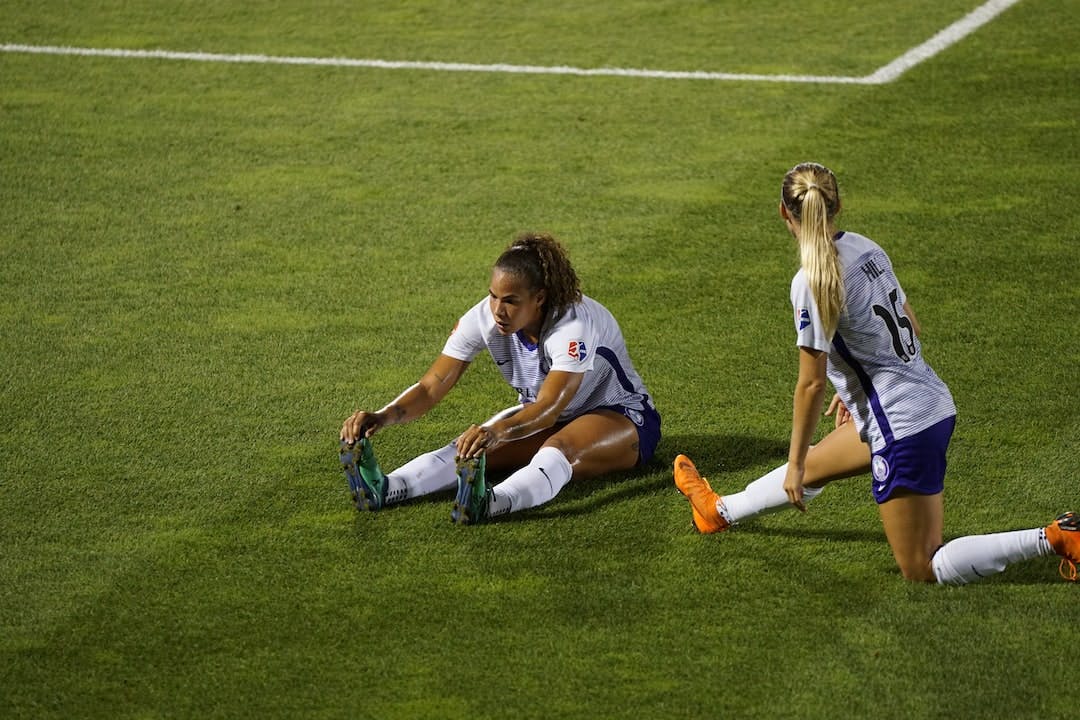Skip to content

 Prep, Performance, and Pondering
Prep, Performance, and Pondering
Day 1: Prep


Discuss what TO is and talk about why it is important.
Students will be given an original script for the short skit/s they will watch for their review.
Students will be encouraged to review the script/s to consider what they might interject or change about the skit to make the communication clearer, the exchange flow more smoothly, increase equity, ensure favorable outcomes, acknowledge the role of emotion, etc.
We will go over how they will be assessed on their input/engagement. Every student is expected to speak up.
Day 2: Performance


Two volunteers (either from within or outside of the classroom) will perform a skit.
The students will form a circle around the performers.
The performers will perform the skit as written one time adhering to the script verbatim.
During the second round students can say pause and offer up a suggestion verbally or written on a notecard for changing the script or performance to create better, clearer, more effective communication. Changes may address any facet of the communication process and/or any concepts discussed in class or the readings.
Students are encourage to build off of one another's ideas to find the ideal changes. But only one student is permitted to speak at a time.
Students who may feel uncomfortable speaking up, may choose to write their proposed changes down and have the instructor read them.
No more than three changes will be made per round.
As needed the instructor may call for an unedited round, so the class can get a feel for where they have taken the script.
Performers will take notes as needed on the scrip to edit language and add in performative elements. The performers should be consistent as possible with all changes until audience members suggest otherwise.
Each change is meant to move the communication and relationships in the skit forward, but in some cases backtracking or deleting a change may be necessary as context becomes more specific. As long as the student can justify their change with evidence from communication best practices, the change can be made.
The final round of the skit will be recorded and reviewed during the follow up class.
Day 3: Ponder


Begin by watching the final performance. Then write down some of our initial thoughts. Try to speak/write to the questions listed below:
THINK
What was this experience like for you?
How did you feel when you saw/heard/did the exercise?
What came to your mind when you participated in our version of Theater of the Oppressed?
Are you happy with how this performance turned out? Is it an example of good communication? Why or why not?
PAIR
In groups of 3 please take some time to discuss what you wrote. Develop notes to report back to the class.
SHARE
Using the first set of questions as a guide, I will use the following questions to push the larger discussion even deeper.
For the Whole Group!
Is this an excellent example of communication? Why or why not?
What challenges arose during the TO?
Why is TO and important learning tool?
What can we learn from this exercise?
What insights does exercise this offer about interpersonal communication?
Want to print your doc?
This is not the way.
This is not the way.

Try clicking the ⋯ next to your doc name or using a keyboard shortcut (
CtrlP
) instead.